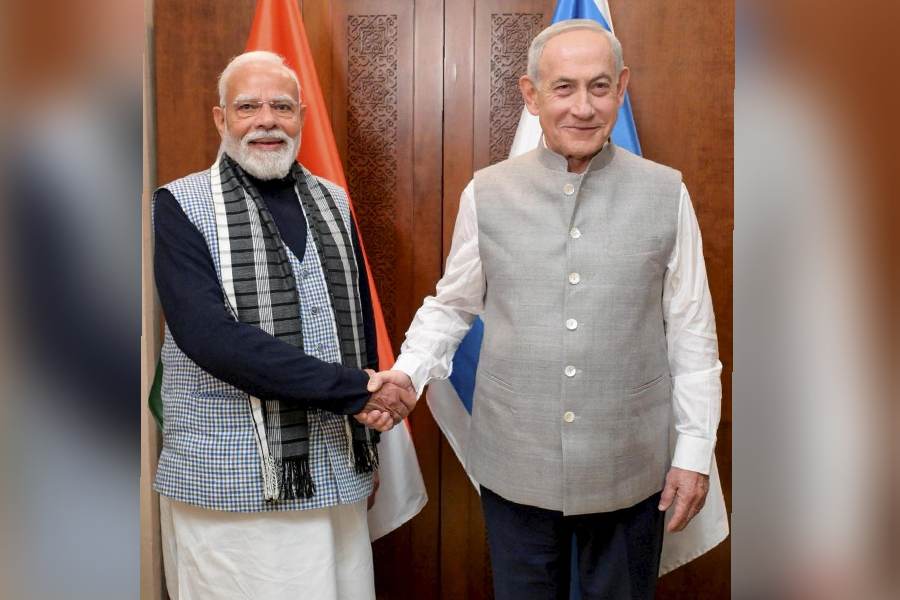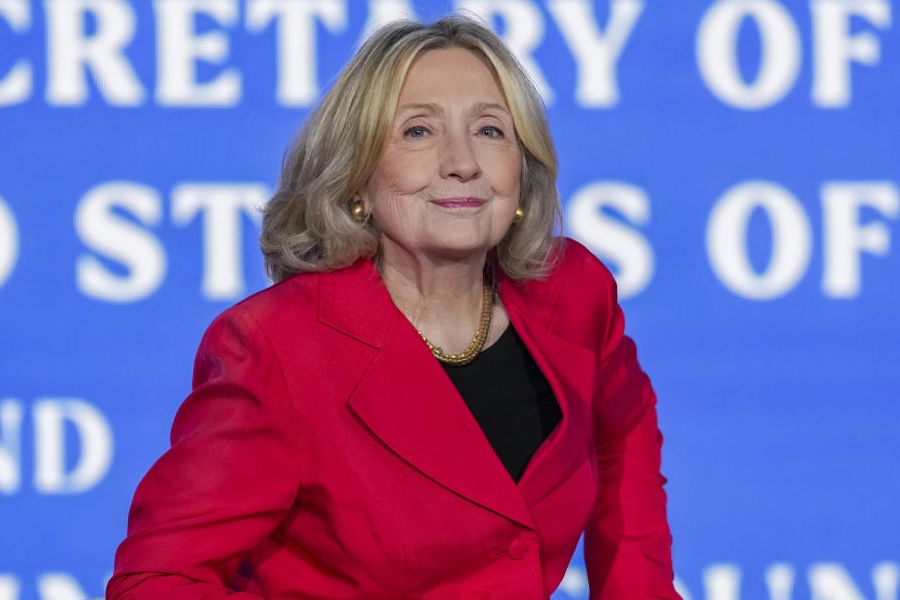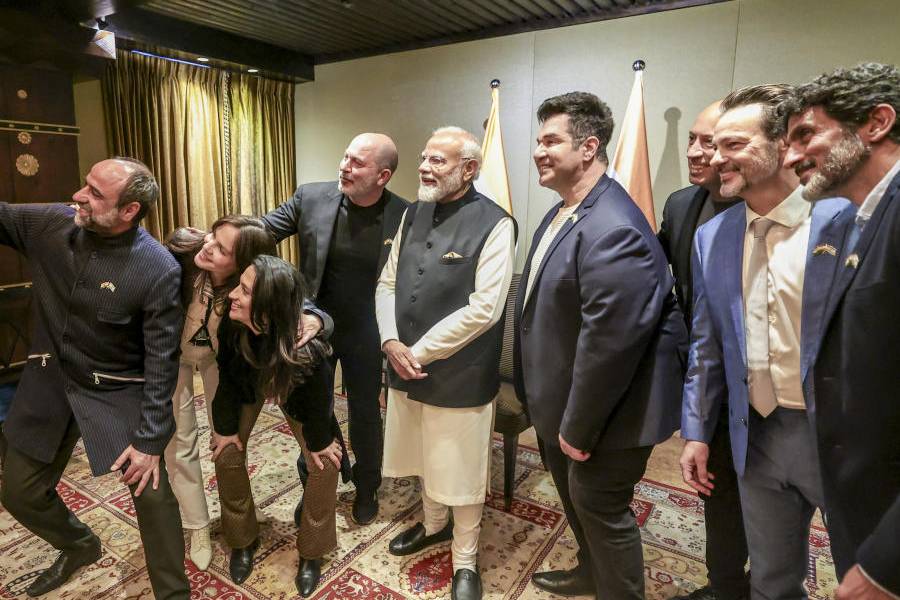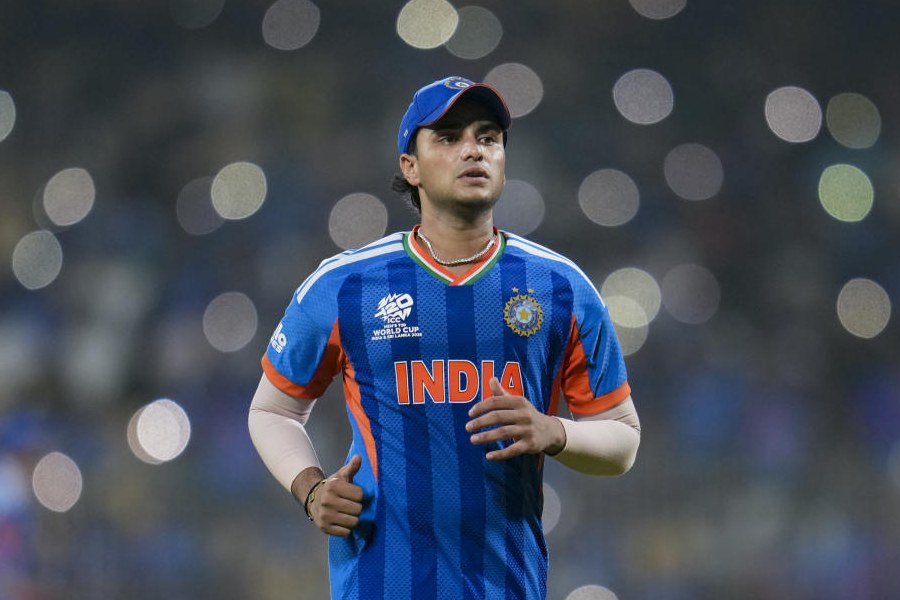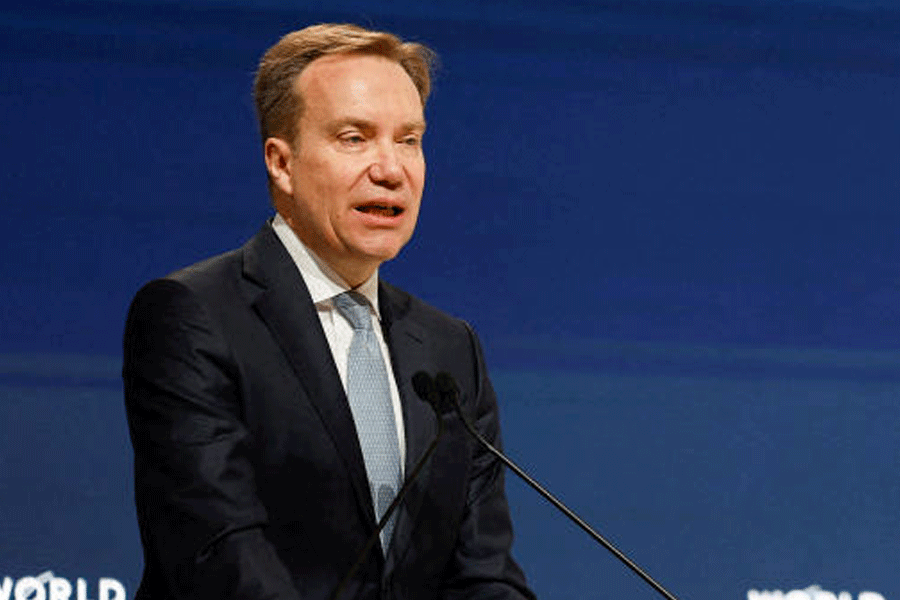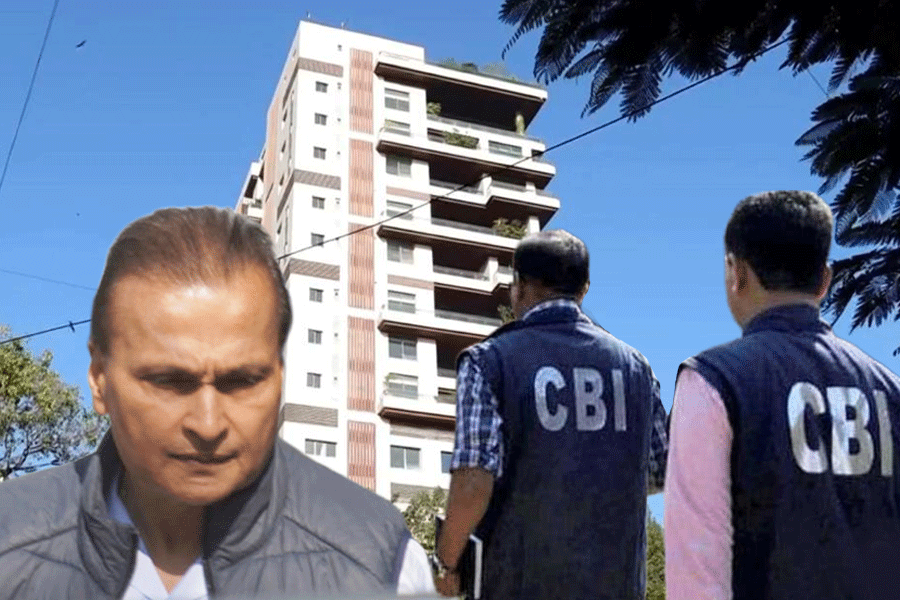The Supreme Court on Monday prima facie observed that a poem uploaded by Congress MP Imran Pratapgarhi on social media was neither anti-religious nor anti-national, telling Gujarat police that it was expected to understand freedom of speech and expression 75 years after the adoption of the Constitution.
Pratapgarhi, also a poet, had moved the court seeking the quashing of the criminal cases lodged against him in Gujarat for uploading the poem “Ae khoon ke pyase baat suno (You blood-thirsty people, listen up)”. He has been booked for promoting communal disharmony.
The central theme of the poem is an appeal for communal harmony, the court noted, adding that prima facie it did not find anything objectionable or any insinuation against any community.
“This actually promotes non-violence. It has nothing to do with religion. This has nothing to do with any anti-national activity,” a bench of Justices Abhay S. Oka and Ujjal Bhuyan told solicitor-general Tushar Mehta, representing the Gujarat government.
Mehta sought to justify the cases by saying that different people would interpret the poem differently.
But Justice Oka, heading the bench, replied: “This is the problem. Nobody has respect for creativity. If you read it… it says that even if you suffer injustice, you suffer it with love. Those who are blood-thirsty, listen to us. Even if the fight for justice is met with injustice, we will meet that injustice with love.”
Senior advocate Kapil Sibal, representing the Congress MP, sought to assail the Gujarat High Court order refusing to quash the cases, prompting Mehta to object: “I have been fair to the court but let’s not travel to making comments against the high court. My learned friend says, ‘Where is the country heading’?”
The apex court did not comment on the high court order but told the state’s law-enforcers: “Some sensitivity has to be shown by the police. They must at least read and understand. Now 75 years after the existence of the Constitution, freedom of speech and expression has to be at least understood by the police.”
The bench reserved its judgment.
During the last hearing on February 10, the top court had questioned the Gujarat government over the filing of criminal cases against Pratapgarhi for the social media post.
On January 21, the bench had directed the Gujarat police not to take any coercive action against the Congress MP.
Following the lodging of an FIR by some locals, the Jamnagar police had registered criminal cases against Pratapgarhi under BNS Sections 197 (imputations, assertions prejudicial to national integration), 299 (deliberate and malicious acts intended to outrage religious feelings of any class by insulting its religion or religious beliefs) and 302 (uttering words, etc, with deliberate intent to wound religious feelings of any person).
Gujarat High Court had declined to quash the FIR, taking the view that Pratapgarhi’s post tended to create disharmony and unrest.
The high court had remarked that as an MP, Pratapgarhi was expected to conduct himself in a more responsible manner as he is aware of the repercussions his social media posts may have.
The court had noted that Pratapgarhi had not responded to several notices issued by the Jamnagar police in connection with the investigation.


